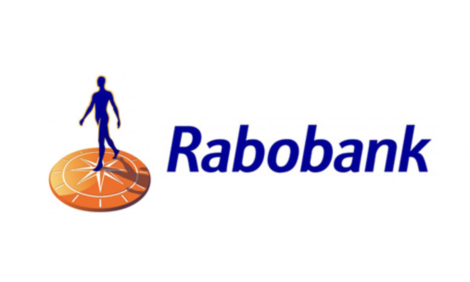



New executive for national livestock traceability organization
CALGARY - The organization responsible for facilitating a nation-wide, multi-species system of livestock traceability for Canada has a new executive following its first annual general meeting, held July 19-20 in Toronto, Ontario.The Canadian Livestock Identification Agency's (CLIA) new, four-member executive includes president Dennis McKerracher of the Canadian Pork Council, vice-president John Hemsted of the Canadian Sheep Federation, Mabel Hamilton of the Canadian Cattle Identification Agency and Chris Gould of Equine Canada.
The annual meeting and the formation of a new executive mark the end of a transitional year for the CLIA, says McKerracher, one which saw considerable progress towards a strong and effective system of national livestock traceability.
"CLIA continues to show industry leadership by building on the high level of co-operation between itself and its member groups, which now represent all of Canada's national livestock commodity organizations," he says.
"The outgoing president, Keith Flaman, is to be commended for his dedication to this goal, which stands to position Canada favourably as a market force as the world continues to move towards a global economy."
The CLIA process involves a three-pronged approach to traceability: animal identification, premises identification and registration, and animal movement within Canada and internationally. "In short, an animal's entire life cycle," says McKerracher.
The livestock identification program will draw from the ID systems of its various industry organizations and feed into a central database, while a premises identification database will involve a comprehensive listing of Canadian properties that run livestock.
McKerracher describes the past year as an organizational period for CLIA, as the nine voting member organizations assessed the role their individual traceability strategies could play in the national, multi-species system.
The number-one priority of CLIA, says McKerracher, is the facilitation of a national premises registry which would serve as an anchor document for the CLIA. Another challenge is continuing to enable communication between CLIA and its member groups.
"However, we have a good, strong membership committed to this system and we look forward to further refining our efforts throughout the coming year," says McKerracher.
ThePigSite News Desk








